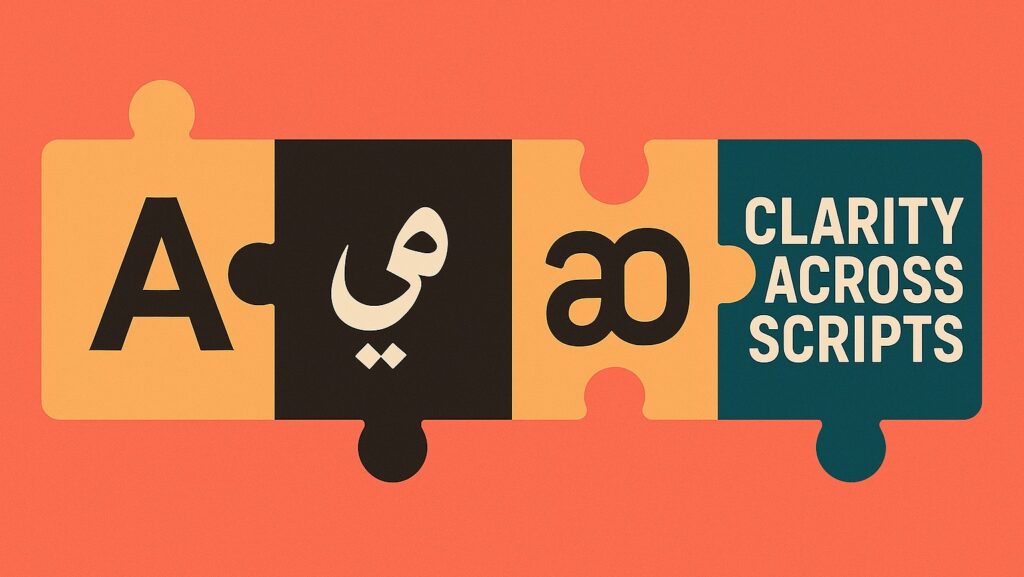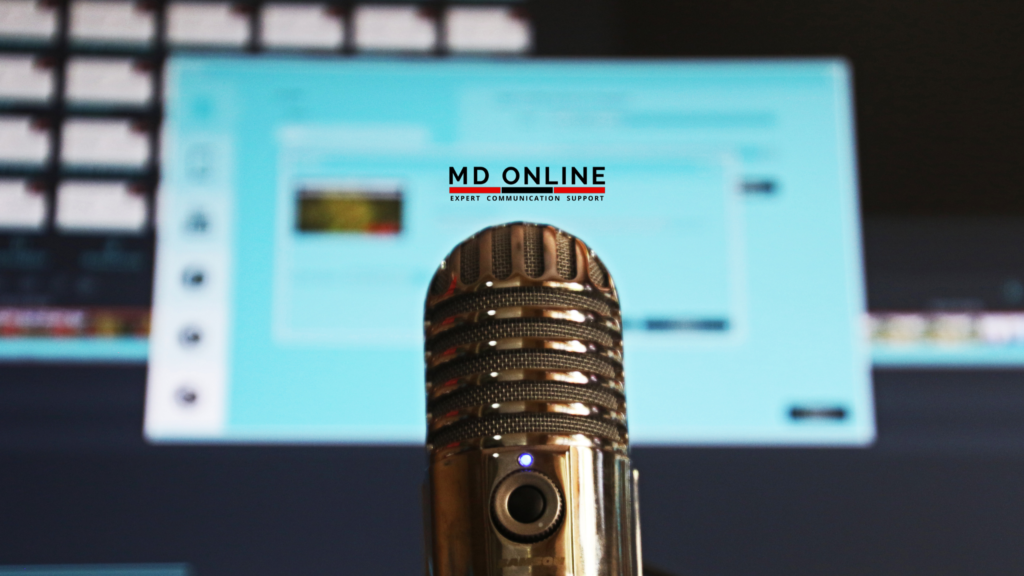 🔊 Lost in Tone? Not with MD Online’s Akan Expertise
🔊 Lost in Tone? Not with MD Online’s Akan Expertise
Spoken by over 10 million people in Ghana, Akan is a tonal language. This means that the pitch, or whether a syllable is pronounced high, mid, or low, can completely alter the meaning of a word. For instance, the same written syllable can mean something positive in one tone, but something entirely different, and even offensive, in another.
Why is this tricky in translation?
• Written Akan often omits tone markers, which can lead to ambiguity.
• Many translation systems are primarily trained on non-tonal languages such as English.
• Without native review, subtle pitch variations can be lost, altering the message.
✨ A linguistic insight: For Akan, getting the tone right is not just a minor detail—it determines the meaning. That’s why collaborating with native speakers and experienced linguists is crucial.
At MD Online, we handle not only widely spoken European languages but also rare and challenging ones like Akan. Thanks to our expert translators, we ensure your message is clear, culturally accurate, and trustworthy.
🗣️ Translating Languages Without a Standard Script
Many languages lack a universally accepted written form. Some rely heavily on oral tradition, while others employ multiple competing scripts. This poses distinct challenges for translators, as spelling varies, conventions differ, and written resources are scarce.

With expertise gained from tough projects, MD Online tackles also rare and complex languages, whether they lack a standard script, use multiple writing systems, or mainly exist in oral form. This ensures we deliver clarity, precision, and cultural authenticity where others might struggle.
🎙️ Voice Translation & Recording: Getting It Right
High-quality recordings begin with thorough preparation. Even the best technology can’t rescue a poorly prepared track. To ensure your voice content sounds professional, follow these key steps:
🎤 Use a top-notch microphone—ideally a condenser, not a built-in one.
🤫 Record in a quiet, echo-free space with minimal background noise.
📏 Maintain a consistent distance (15–20 cm) from the mic, slightly off-centre.
🗣️ Speak at a steady pace, with natural intonation and controlled breathing.
💧 Warm up your voice and stay hydrated before recording.
Clear delivery boosts credibility and guarantees your message resonates with the listener. At MD Online, we’re with you every step of the way: we translate recordings into multiple languages, not just European ones, but also some that are harder to find – and we produce tailored voice recordings to meet your specific needs. These recordings can be used for various purposes, including training AI systems with accurate, multilingual data.
🌍 Languages Beyond Borders
Interested in rare languages, unusual scripts, or the complexities of localisation? Follow us on LinkedIn and Facebook for expert advice, visual examples, and insider stories from our multilingual projects. We explore everything from creative localisation challenges to optimising AI post-editing workflows. Language is full of surprises—join us as we discover them together.
Whether it’s tonal languages like Akan or scripts without a standard form like Rohingya, we’re passionate about tackling the unique challenges of translation. If you’re working with under-represented languages, intricate localisation, or multilingual projects that require precision, we’re here to support you.
Check our social media: Facebook / LinkedIn
If you want to read about previous years with MD Online, click here!
 🔊 Lost in Tone? Not with MD Online’s Akan Expertise
🔊 Lost in Tone? Not with MD Online’s Akan Expertise

Leave a Reply